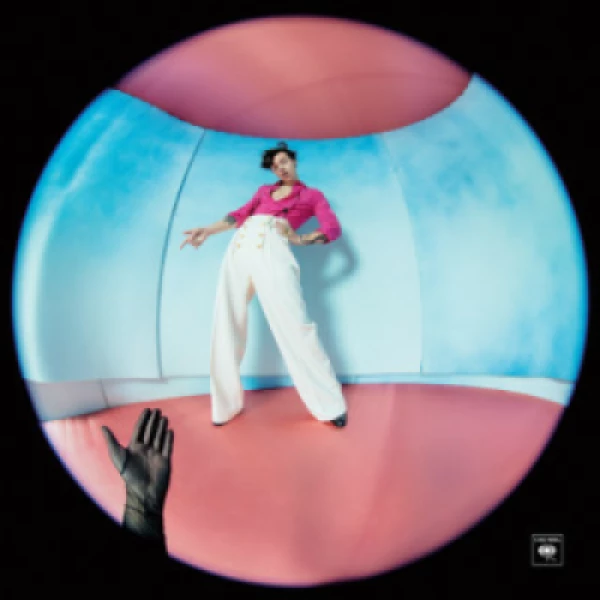
Lights Up
by Harry Styles
In-depth Analysis of 'Lights Up' by LyricLens AI
Harry Styles' 'Lights Up' from his album Fine Line is a vibrant anthem of self-discovery, liberation, and embracing one's true identity. The song begins with an almost apologetic yet firm declaration, "I'm never coming back down," hinting at a transformative personal journey from which there's no turning back. It speaks to shedding past versions of oneself and rising into a new, more authentic existence.
Themes Central to 'Lights Up':
- Authenticity & Self-Acceptance: The recurring question, "Do you know who you are?" and the statement "Lights up and they know who you are" directly challenge the listener to confront their true self, suggesting that true liberation comes from being seen and accepted for who you truly are, even with your 'dark' parts.
- Overcoming Internal Conflict: Lines like "All the lights couldn't put out the dark running through my heart" reveal an acknowledgment of internal struggles and vulnerabilities, implying that external validation or brightness can't extinguish inner turmoil, but self-acceptance can lead to peace.
- Embracing Vulnerability and Change: The repeated phrase "Step into the light" acts as an invitation to bravely expose oneself, to move beyond comfort zones and into a space of genuine self-expression. The refusal to "ever going back" signifies a definitive break from past constraints or expectations.
'Lights Up' ultimately celebrates a powerful moment of coming into one's own, a defiant yet joyful embrace of identity, urging listeners to find their own light and step boldly into it.
Q&A & Fun Facts: 'Lights Up' by Harry Styles
What is 'Lights Up' about?
'Lights Up' is largely interpreted as a song about self-discovery, authenticity, and embracing one's true identity. It touches on themes of liberation from past expectations, acknowledging inner struggles, and the courage to step into one's authentic self.
What does 'Lights up and they know who you are. Do you know who you are?' mean?
This powerful line suggests a dichotomy between public perception and personal self-awareness. It implies that while others might recognize your true self when you're being authentic ('lights up'), the most crucial recognition comes from within – truly knowing and accepting who you are.
What is the significance of the phrase 'I'm not ever going back' in the song?
This phrase signifies a firm commitment to personal growth and change. It represents a point of no return on a journey of self-acceptance, indicating that the artist (or narrator) has found a new, more truthful way of being and will not revert to an older, less authentic self.
Fun Facts about 'Lights Up':
- 'Lights Up' was released as a standalone single in October 2019, serving as the lead single from Harry Styles' critically acclaimed second studio album, 'Fine Line'.
- The song's music video features Harry Styles surrounded by many people, suggesting themes of community, shared experience, and collective liberation.
- Many fans and critics noted the song's themes of self-acceptance and freedom aligned with the LGBTQ+ community, contributing to its widespread appeal and interpretation.

Comments
Join the Conversation
Create an account or log in to add your own interpretations and comment on community analyses.